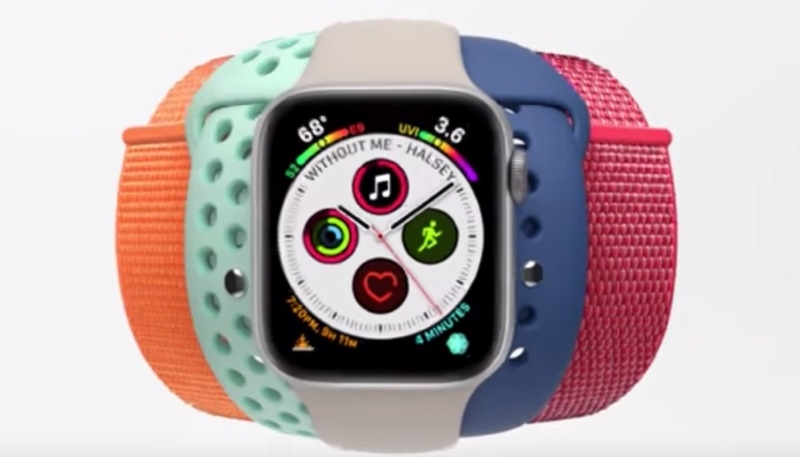Apple has partnered with health startup Evidation and drug maker Eli Lilly to determine if data collected from Apple’s iPhone and Apple Watch can be used to detect early signs of dementia.
Research published this week (via CNBC) says researchers from the three companies joined to find ways to more quickly and precisely detect cognitive impairments like Alzheimer’s disease with the help of popular consumer gadgets.
The paper, entitled “Developing Measures of Cognitive Impairment in the Real World from Consumer-Grade Multimodal Sensor Streams,” explores the possibility that whether activity information and sensor data from devices like the Apple Watch can be used to detect “physiological and behavior signatures of cognitive impairment.”
“With this research, we looked at how everyday behavior data, such as those captured by iPhones, Apple Watches, and Beddit sleep monitors, may be effective in differentiating between individuals with mild cognitive impairment and early Alzheimer’s disease, and those without symptoms,” Evidation co-founder Christine Lemke told CNBC.
Over 6 million people in the U.S. suffer with dementia, and early detection has been a long-standing challenge.
During the study, researchers collected 16TB of data during a 12 week period. The study monitored 31 people with cognitive impairment and 82 without in free living conditions.
The study says researchers were able to use the data to differentiate people with early signs of cognitive impairment from those who were healthy. Subjects with symptoms of cognitive decline typed more slowly, typed less regularly, relied more heavily on support apps, and sent fewer text messages. No long-term conclusions were reached however, as more analysis is required.
Early detection of dementia is important, as early detection can lead to better management of symptoms and improved quality of life. The World Health Organization (via MacRumors) says 50 million people around the world have dementia, with close to 10 million new cases surfacing every year.
Apple is continuing its move into the healthspace with its Apple Watch, with its latest version including several sensors that can detect and help diagnose heart issues. Fall detections is also available to help users who have experienced a rough fall. Apple’s ResearchKit software allows researchers to collect clinical data from Apple devices and use it in medical research.


